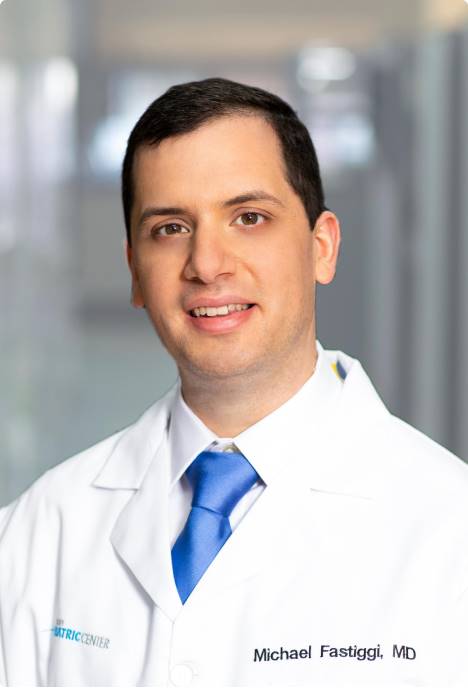
Will I Regain Weight After Stopping Prescription Weight Loss Medication like Wegovy® or Zepound™?
Estimated reading time: 3 minutes
FDA-approved prescription weight loss medications like Wegovy® and Zepbound™ can be effective tools on your weight loss journey. But what happens when you stop taking them? It’s a common question people have about regaining the weight they’ve lost so let’s discuss what to expect and a few tips to help you maintain your progress.
Why Weight Regain Can Happen
Weight regain can happen because weight loss medications are a treatment and not a cure for carrying extra weight or having obesity. Just like medications for high blood pressure or diabetes need to be paired with lifestyle changes to keep those chronic medical conditions under control, weight loss medications work best when combined with healthy eating habits. Without lifestyle changes, like diet and exercise, old habits are more likely to return and weight regain can happen.
How Prescription Medication Were Created to Work
Prescription medications like Wegovy® and Zepbound™ are designed to be used for long periods of time and often take 5-6 months to reach full effectiveness. They work by altering the hunger pathways in our bodies, reducing cravings and slowing down the time it takes for our stomach to empty out. Usually when our body loses weight, it compensates by increasing hunger signals. These signals are blocked by weight loss medications.
When beginning a weight loss medication, we prescribe a starter dose. This helps your body get used to the medication and minimize potential side effects. As the medications begin to take effect, your provider will slowly increase the dosage. Typically patients reach the maximum dose around the 6 month mark. Once at the maximum dose, the medications are taken as a maintenance dose, which means that you continue at that dose until you no longer want to take the medication.
RELATED: Prescription Weight Loss Medication Options
The Importance of Lifestyle Changes
Habits matter. The medications work alongside lifestyle changes, not in place of them. Without a change in lifestyle habits such as mindful eating, portion control, and increased physical activity, when medications are stopped there is a higher chance for weight regain. At New Jersey Bariatric Center our medical weight loss program includes live nutrition and exercise classes that sets the foundation for lifestyle changes.
Finding additional support from weight loss groups, family members and friends can also help you stay on track.
Readjusting Your Approach
Weight regain can feel discouraging but it does not mean that you or the medications have failed. It’s a temporary setback. Together, we can discuss options to restart your weight loss journey, from lifestyle changes and the MWL@NJBC program to weight loss surgery (if you qualify). We’re here to support you every step of your weight loss journey.
For questions about your weight loss options or concerns about weight regain, give us a call to make an appointment at 908-481-1270.


